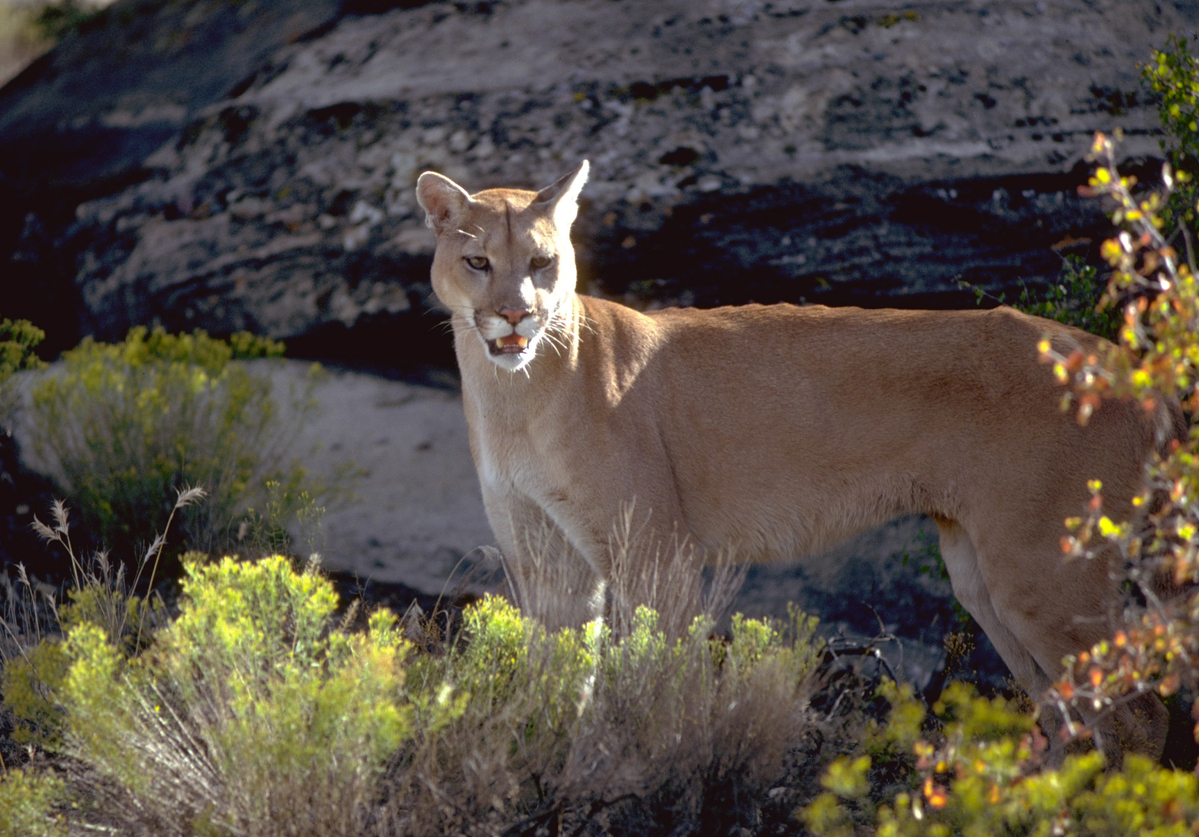(Photo credit: Utah Division of Wildlife Resources)
MISSOULA, Mont. — The Rocky Mountain Elk Foundation strongly opposes a reckless ballot initiative that undermines scientific wildlife management, hampers the ability of Colorado Parks and Wildlife (CPW) to balance predator and prey species, and endangers public safety.
Proposition 127 will appear on Colorado’s November ballot and seeks to ban all hunting of mountain lions, bobcats and lynx, even though it is already illegal to hunt lynx in the Lower 48.
So far, RMEF supplied more than $340,000 to defeat the measure while collaborating with Colorado partners.
“We’ve seen this before in Colorado. Activists use deceptive language and emotion to purposely circumvent the recommendations of professional wildlife managers and biologists in favor of their own agendas,” said Blake Henning, RMEF chief conservation officer. “This ballot box biology flies in the face of proven, science-based wildlife management as well as key principles of the North American Wildlife Conservation Model, which is the bedrock for maintaining successful wildlife populations in Colorado and across America.”
Important points:
- CPW data shows mountain lion and bobcat populations are “strong,” “abundant” and “not biologically threatened.” The hunting season framework recommended by CPW biologists has proven sustainable since 1965.
- There have been 23 verified mountain lion attacks on 26 people since 1986 in California, which earlier banned hunting, resulting in four deaths. Half of those attacked were 10 years of age or younger.
- There have been 25 verified mountain lion attacks in Colorado, two of them fatal involving children, since 1990. Earlier this month, a man killed a lion with a shovel when it engaged him and his dog near Canon City.
- Proponents claim a ban will address chronic wasting disease yet research does not support such claims. CWD-infected ungulates often are infectious long before they act sick and become prone to predation and there is no evidence that increasing mountain lion populations will reduce prevalence of CWD on the landscape.
- CPW biologists found a mountain lion in Douglas County earlier this year with a fatal neurologic syndrome (rustrela virus). Removing hunting as a wildlife management tool may worsen its spread.
“The 2020 forced wolf introduction ballot initiative continues to cause many unintended negative consequences including ballooning taxpayer costs and escalating predation of both livestock and pets. This effort follows that same formula. RMEF strongly encourages Coloradoans to vote no on Prop 127 and keep the management of wildlife in the hands of the professional biologists,” said Henning.
RMEF has more than 14,000 members and 29 chapters across the state.
Since 1987, RMEF worked with partners to complete 871 conservation and hunting heritage outreach projects in Colorado with a combined value of more than $207.4 million. These projects conserved or enhanced 508,739 acres of habitat and improved public access to 119,612 acres.
About the Rocky Mountain Elk Foundation:
Founded in 1984 and fueled by hunters, RMEF has conserved more than 8.9 million acres for elk and other wildlife. RMEF also works to open and improve public access, fund and advocate for science-based resource management, and ensure the future of America’s hunting heritage. Discover why “Hunting Is Conservation” ® at rmef.org or 800-CALL ELK.
